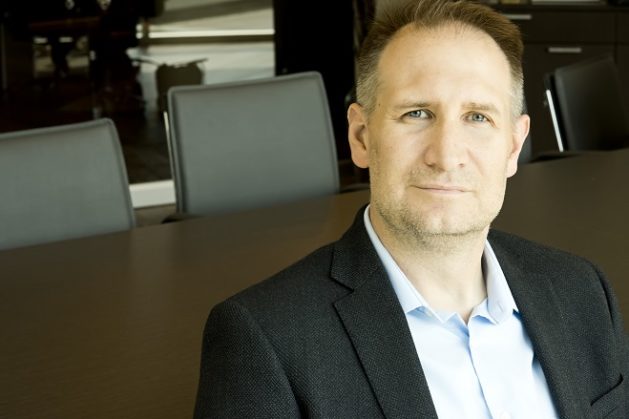In his seminal book, Mastering the Rockefeller Habits, Harnish discusses how these best practices mirrored what John D. Rockefeller had done decades earlier, turning Standard Oil into an entity so powerful that the US government eventually deemed them a monopoly.
We grew despite having a senior leadership team mostly comprised of average talent. I can say that now after years of reflection, although with some hesitation. My direct supervisor, the Director of Marketing, was one of the few exceptions. She was a stellar leader who not only used the Rockefeller Habits to lead her department, she also found ways to challenge us to be better every day. If the Rockefeller Habits can grow with a leadership team comprised of average talent, imagine what happens if “A players” like her are leading every department.
Because our company’s strategy, priorities, core purpose, and core values were clear, we had a clear picture of how to hit our financial targets while keeping clients happy. Do you know how difficult it is to consistently grow while dragging 100-year-old institutions of higher education along for the ride? It’s not for the faint of heart. It takes organizational discipline, and we had it in spades.
It was my most fulfilling professional experience to date. I found rigor, focus, and clarity that had been lacking in previous opportunities.
Testing the Waters Once More
Years later, I went on to try my luck moving to a much larger, more bureaucratic, and more political organization. I put the Rockefeller Habits to the test by implementing a modified version within my department.
This was an extraordinary challenge. I don’t necessarily recommend the single department approach to implementations because it can be risky when there is no buy-in from the top of the organization. Others continually tried to disrupt my department’s annual and quarterly plans, not realizing that focus and discipline were the keys to hitting our challenging goals.
We maintained a steady course despite initial perceptions that we were failing at our jobs. We said “no” to non-priorities a lot, a prerequisite but sometimes unpopular method for focused growth. Through much perseverance, repetition, and showcasing our results, the marketing department helped turn a new startup venture into a rapid success, growing from $8 million to $30 million in revenue in less than three years.
Other departments soon started reading Mastering the Rockefeller Habits, and began following its principles. I eventually found myself in my “happy place”, with a strong strategic plan, priorities that made sense, and a more practical way to approach execution. Growth, for the second time, was fulfilling.
Helping Companies Scale Up
And that leads us to why I started Tenfold Advisors. The Rockefeller Habits have now evolved into the Scaling Up 4 Decisions framework. It’s a little bit less catchy, but more accurately describes what it is and what it does. It’s still the Rockefeller Habits, augmented by some new ideas about strategy and cash (all very compelling, BTW).
I’ve seen Scaling Up work incredibly well, and I’ve also seen instances where it hasn’t been quite as successful. That’s usually because of one of three reasons: No buy-in from the Owner or CEO, no data to truly drive improvement in execution, and no coach to help implement it.
Ah. The last part. Coaching. Coaching is a practice I’d been drawn to for years. And not the fluffy kind of coaching. I’m talking about the full contact kind, where you’re implementing a business operating system and working with the entire leadership team to ensure they become rock stars.
While I had internally implemented the Rockefeller Habits and had lived inside of the system longer than most people, I still felt there was a gap. Even though I’ve served on several leadership teams, I still felt I wasn’t in a position to help the CEO make the best possible decisions. When I saw CEOs deviate from priorities, ignore data, and fail to develop execution rhythms, I realized there was a better way to put my passion to good use.
Becoming a Gazelles International Certified Coach
This brings us to Gazelles. I became a Gazelles Certified Coach – the first one living in Utah – to bring these incredibly fulfilling growth principles to Silicon Slopes companies. We have an entrepreneurial, fast-growth business culture that is more sophisticated than most outsiders think.
Coaches fill a vital need. An external voice to help CEOs, who often hear “yes” too much from direct reports. A coach uses experience, best practices, and common sense to help CEOs arrive at the best possible decision.
While I’ve only recently become a certified coach (practicing coach for longer), I can already see that there is a great hunger in Utah for Scaling up. With proper commitment and coaching, an organization can quickly ascend or pivot. Growth, once painful and arduous, can become clear and straightforward. Most importantly, it can be fulfilling.
Is your company ready to grow? Take the Scaling Up Growth Assessment. You’ll get a customized report showing you exactly how you’re company can grow.

